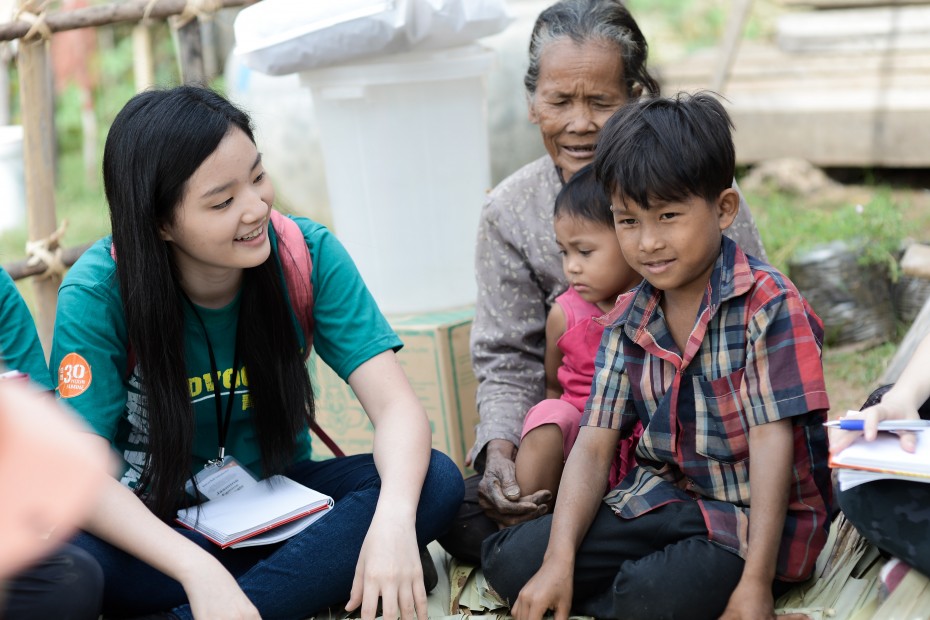
Kids in Cambodia usually begin their primary education at the age of six or seven. But for 10-year-old Sinoun (right) he didn’t go to school until last October when World Vision Cambodia staff encouraged his grandmother, Sim to send him to school. – Photo by Teh Jia Shyan
Sinoun, 10
Sinoun lives with his grandparents and two-year-old sister because his father passed away and his mother works in Thailand. His grandmother Sim, 71, struggled to care for him, and his growth was stunted as a result.
World Vision Cambodia staff came to their village and taught Sim the importance of a balanced diet. They’re now teaching her to start her own farm so she can eat and sell her produce.
They also encouraged her to send Sinoun to school, which he started last October. He now helps feed and support his family by catching crabs and fish.
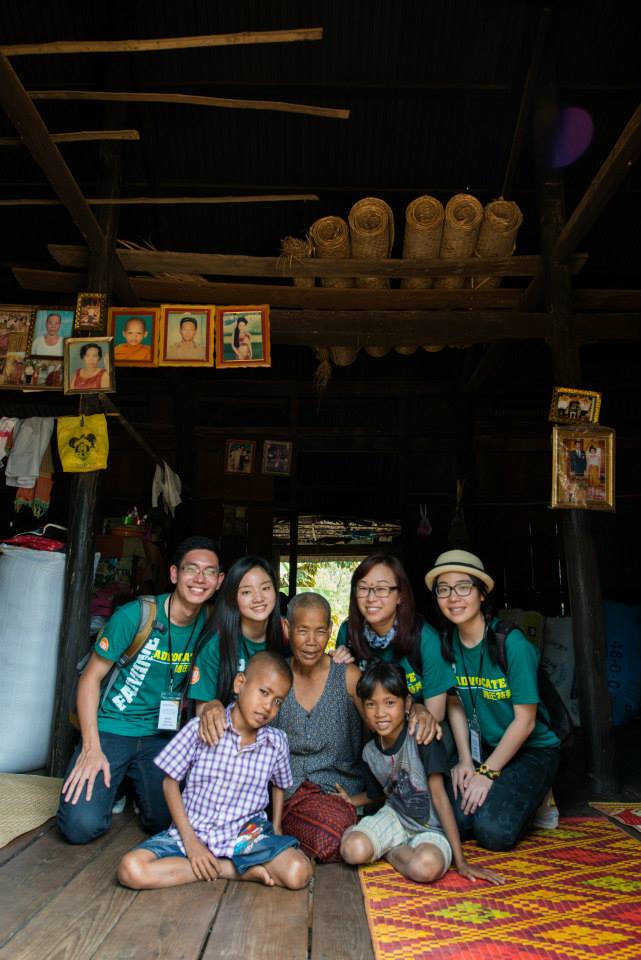
Somey’s grandmother works two jobs so she doesn’t have time to attend the Mother’s Support Group meetings by World Vision Cambodia. World Vision staff approached Keun to teach her how to make healthy meals for her grandchildren. – Photo by Teh Jia Shyan
Somey, 12
Due to a serious chronic disease, Somey (whose parents have passed away) has to make regular trips to a health centre, which his grandmother Keun, 65, pays for by working in paddy fields and helping at religious ceremonies. A kilogram of rice sells for 17,000 Cambodian riels (RM15), but a trip to the health centre costs 14,000 riels (RM12.50).
Because she works two jobs, Keun doesn’t have time to attend the Mother’s Support Group meetings organised by World Vision Cambodia. They teach women how to cook balanced meals, plant their own vegetables and keep their house clean.
Instead, World Vision staff go to Keun, teaching her how to make nutritious meals on a small budget.
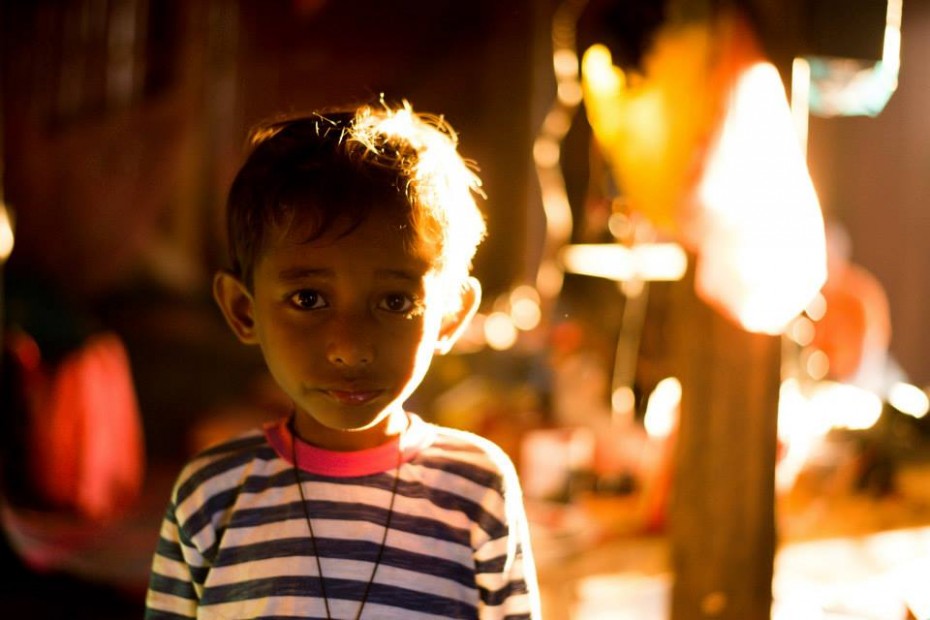
Then was severely malnourished. But after World Vision taught his grandmother how to prepare balanced meals, he is now healthy. – Photo by Teh Jia Shyan.
Then, 8
When World Vision Cambodia staff first met Then, he was severely malnourished because his mother was sick and couldn’t care for him. After his mother died, Then, his sister and his father went to live with their grandmother, Nuon, 62.
World Vision showed Nuon how to prepare nutritious meals for the children and taught the family agricultural and entrepreneurship skills. Then is now thriving and his family plants vegetables and catches fish to sell.
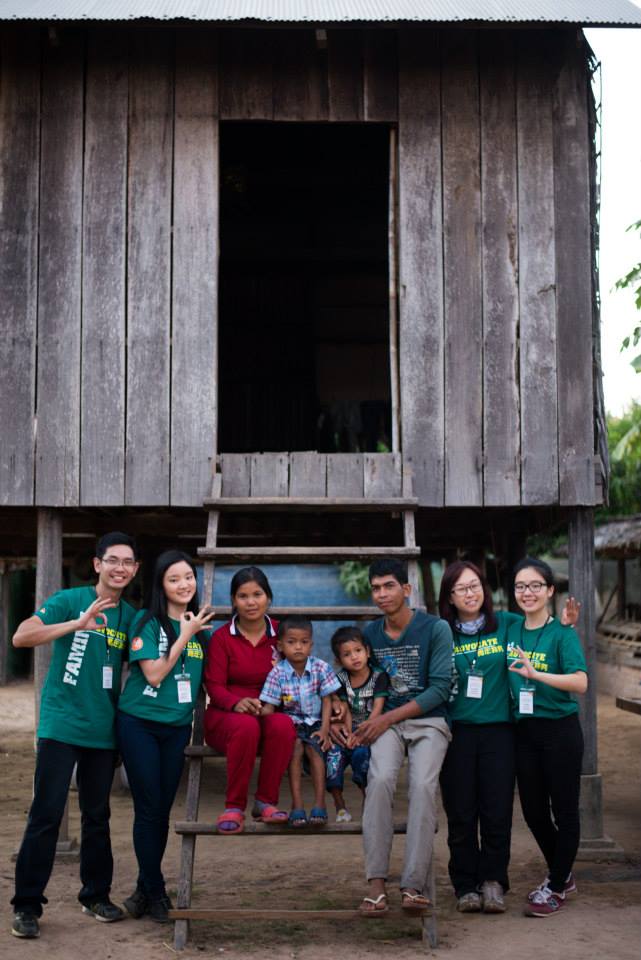
Raksmey’s life has improved tremendously after he reached out to World Vision Cambodia four years ago to learn about sanitation, agriculture and entrepreneurship. “I wanted to make more money so my family could have a better life,” he said. – Photo by Teh Jia Shyan
Raksmey, 27
Raksmey used to be part of World Vision’s child sponsorship programme, and he and his family are now the biggest success story in the town of Prasat Sambour.
Four years ago, he reached out to World Vision Cambodia to learn about sanitation, agriculture and entrepreneurship.
Before World Vision’s help, his village used to drink untreated water. But with training programmes and supplies provided by World Vision, Raksmey now owns a farm that grows paddy, long beans, cashew nuts, bananas and more. He also raises and breeds animals to be sold.
“I wanted to make more money so my family could have a better life,” said Raksmey. He earns an average of US$675 (RM2,430) a month selling vegetables, chickens and pigs.
His wife, Chhoy Chhreb, 25, runs a noodle stall in front of their house.
Raksmey’s family has also benefited in other ways. His two young children are both vaccinated and no longer suffer diarrhea, and he now has a latrine in his home!

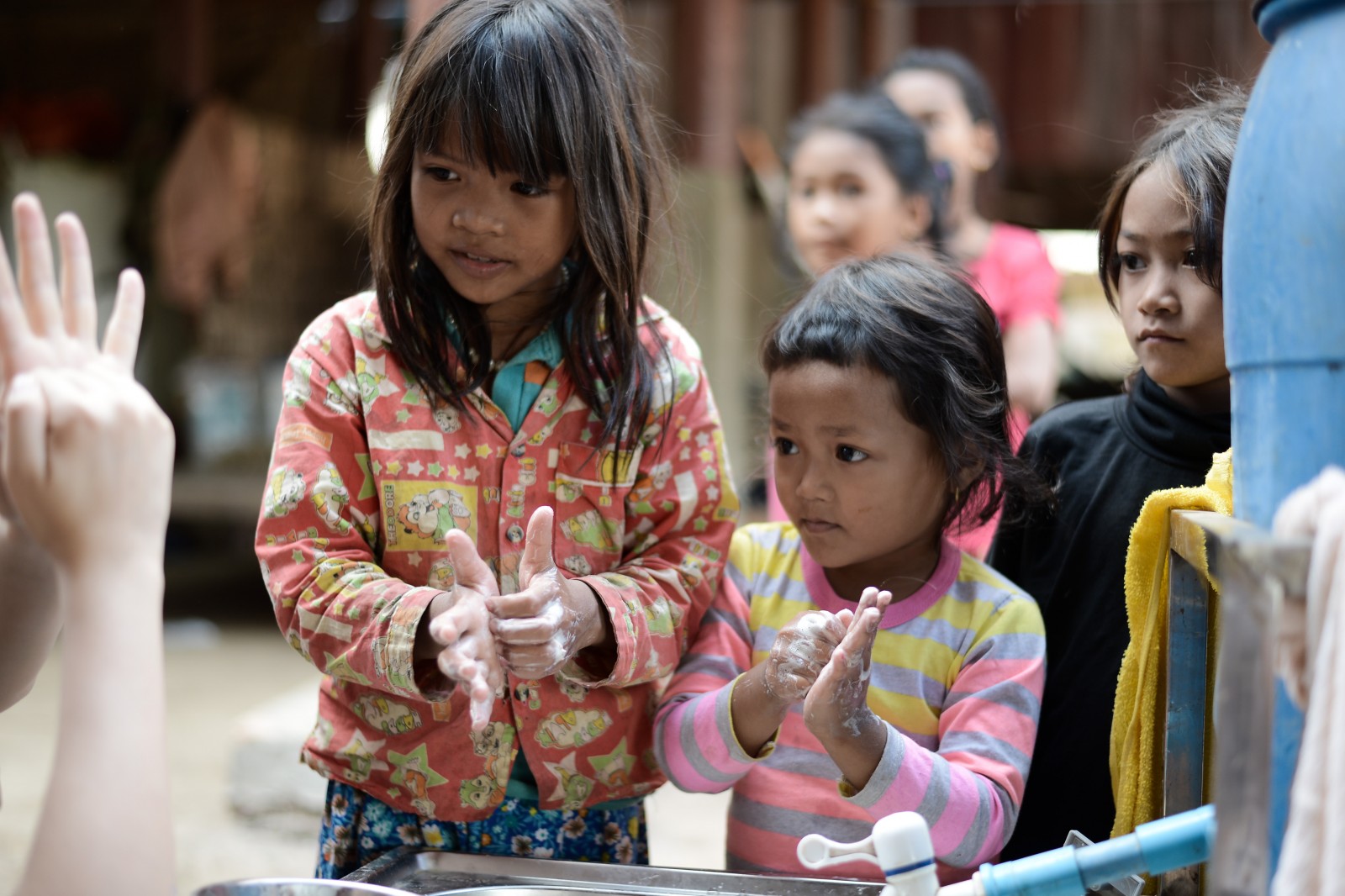





Tell us what you think!